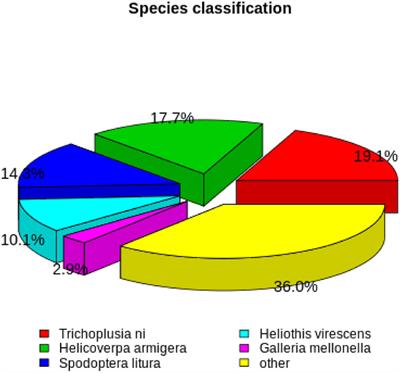ORIGINAL RESEARCH
Published on 11 Dec 2023
Entomopathogenic fungi based microbial insecticides and their physiological and biochemical effects on Spodoptera frugiperda (J.E. Smith)
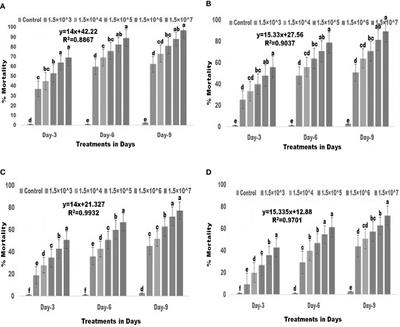
doi 10.3389/fcimb.2023.1254475
- 3,228 views
- 24 citations
3,313
Total downloads
14k
Total views and downloads
ORIGINAL RESEARCH
Published on 11 Dec 2023

ORIGINAL RESEARCH
Published on 25 Aug 2023
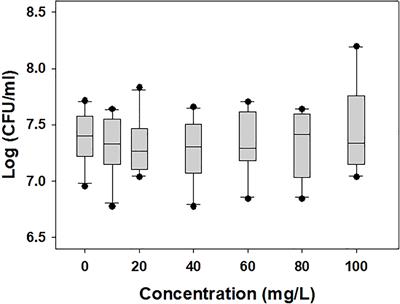
ORIGINAL RESEARCH
Published on 06 Jul 2023
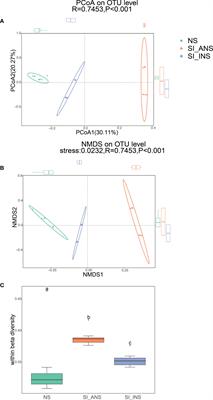
ORIGINAL RESEARCH
Published on 06 Mar 2023
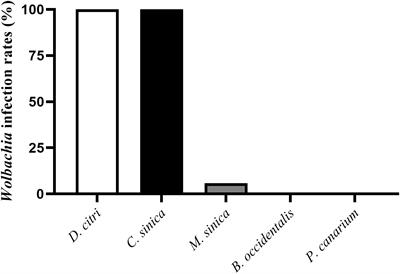
ORIGINAL RESEARCH
Published on 16 Feb 2023
